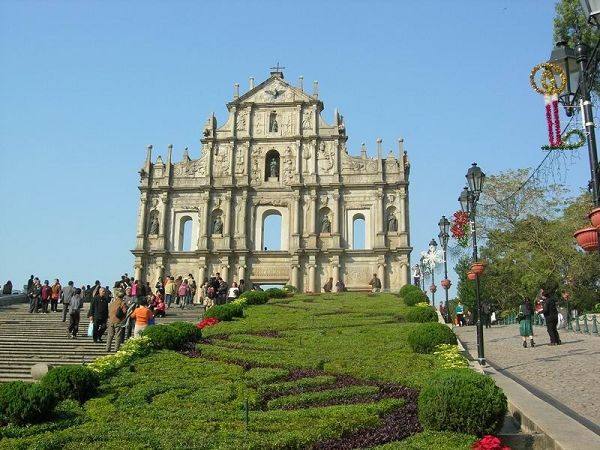The head of culture bureau of the Macao Special Administrative Region (SAR) has expressed satisfaction over the development of the region into what he describes as a "cultural heritage capital."
Ung Vai Meng, president of the Cultural Affairs Bureau of Macao, told Xinhua that a highlight of his career is the realization of an aspiration to turn the region into an "open-air museum," which was introduced in 2010, according to China.org.
"Macao is a densely populated city with nearly 600,000 residents and so many cultural heritage sites and museums. Therefore, we came up with the idea of turning Macao into an open-air museum as a whole," he said.
Ung, speaking ahead of the commemoration of the 15th anniversary of Macao's founding, said that the preservation of cultural heritage did not sit well with the region's citizens when he and his colleagues first introduced the idea, which frustrated him.
"The residents were confused. They asked why such shabby houses should be protected from being torn down," the official said.
When Portugal returned Macao to China in 1999, efforts to better promote the importance of cultural heritage, leading to a growing concern for preservation.
With 20 museums across its land area of more than 30 square kilometers, Macao has a "very high" museum density, Ung said.
The region holds regular exhibits in its museums, among which is the yearly art showcase jointly held by the Macao Museum of Art and mainland China's Palace Museum.
Foreign museums such as the prestigious Louvre Museum and the Center Georges Pompidou of France have also held shows in Macao.
Ung said that the region's residents are now delighted about cultural preservation projects being announced.
"Macao is a very attractive city. For centuries, a great number of wonderful architectures, plazas and lanes have been left over during cultural interflow between the East and the West. If you are interested in what I said, I will take that as a driving force for our future work," he said.



























